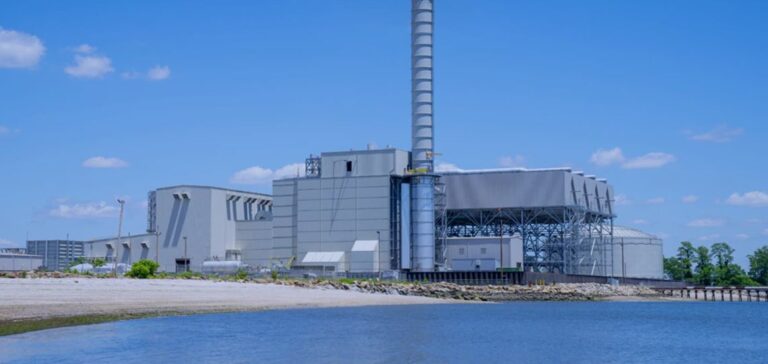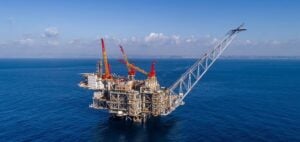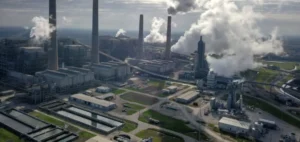Alpha Generation, LLC (AlphaGen), manager of one of the largest power infrastructure portfolios in the United States, has announced the submission of plans to increase power generation capacity by 450 megawatts (MW) at four existing power plants in Maryland, New Jersey, and Ohio. This initiative is part of PJM Interconnection’s Reliability Resource Initiative (RRI), a power transmission network programme designed to accelerate the integration of high-reliability energy projects.
Addressing the growing energy demand
This AlphaGen project comes as PJM’s capacity market signals a strong need for additional power generation, driven by electrification, reshoring of manufacturing, and the expansion of data centres. According to Curt Morgan, Chief Executive Officer of AlphaGen, the initiative aims to support economic growth by increasing the availability of reliable and flexible electricity to meet rising demand.
A key component of this project is the addition of more than 300 MW, sufficient to power approximately 250,000 homes, through two existing natural gas-fired units in New Jersey. The remaining additional capacity will result from upgrades to other AlphaGen plants in Maryland, New Jersey, and Ohio, with improvements expected to enhance efficiency and operational flexibility.
A project aligned with PJM’s criteria
AlphaGen is well-positioned to meet PJM’s Reliability Resource Initiative criteria, which focus on projects that can be quickly deployed and contribute effectively to grid reliability. As a competitive independent power producer, the company leverages its expertise and existing resources to swiftly implement these projects while maintaining optimal flexibility in energy supply management.
Recent price movements in PJM’s capacity market indicate that new power generation capacity is needed to keep up with rising demand. AlphaGen’s project could help address this requirement while integrating into an increasingly competitive energy market.





















